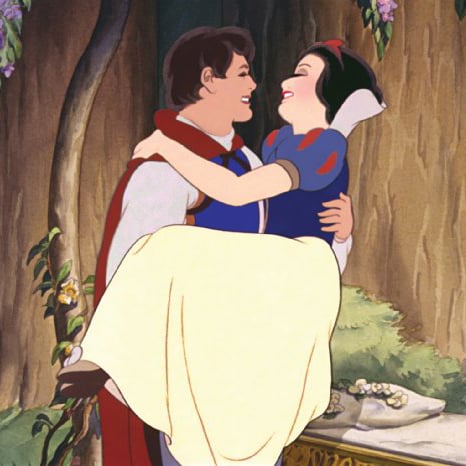The Women’s and Gender Equity Center hosted an event on Monday about domestic violence and gender discrimination, inviting psychotherapist Alyce Laviolette to present as guest speaker.
Alyce Laviolette is a trauma-informed psychotherapist who has worked 38 years with victims of domestic violence and 37 years with the perpetrators. Laviolette is also a lecturer at Cal State Long Beach on gender and power and expert witness for domestic violence cases.
Laviolette started her speech by sharing her first experience with gender discrimination.
“In seventh grade, when I ran for [class] president, one of the teachers told us not to vote for me because I was a girl – and girls shouldn’t run for president, they should run for secretary,” Laviolette said.
She discussed how genders are portrayed based on cultures and fairytales projected by the media.
Laviolette said that in stories like “Snow White and the Seven Dwarves,” men are mostly portrayed as strong, handsome, rich, white and powerful.
On the other hand, according to Laviolette, women are portrayed in two completely different ways. One archetype depicted is the wicked witch or evil stepmother, which is the only kind of “strong woman” we see in film and media. The other is the passive, submissive and pretty princess.
Laviolette said that in real life, once women become victims of domestic violence, they go from a submissive “princess” to “witch,” responsible for taking care of themselves and any children.
“What we learned as children is whatever the media feeds us. We usually don’t have a context other than the one media portrays,” Laviolette said. “For instance, our election – how a powerful woman (Hillary Clinton) is seen in our election and how she is judged in our election and regardless of what you think of her, she is treated different than the man who is running against her (Trump),” she said.
Laviolette believes this is a gender issue that creates inequality in society that makes us believe at a young age that those are the roles we should follow.
“I think it is very unfair to portray women as the way Disney does, always showing the feminine sex lower than the masculine one — and today we can see it through the election debate,” first year student Diego Gomez said.
Sexism, racism and homophobia, according to Laviolette, are the smog in our air. She said that though we breathe them in, we do not know how they impact our lives. “Some of the worst cases of domestic violence are connected to the worst cases of sexism,” she said.
Laviolette said that some of the cycles of domestic violence come from family.
“If you grow up [dealing with] abuse, you can develop chronic combat readiness – which means you are flooded with stress hormones,” Laviolette said. “You are flooded with hyper-vigilance, you are flooded with seeing threats in people that non-violent families don’t experience. ”
For this reason, some people have no memory of the abuse they experienced as children, even though the resulting trauma continues to impact their lives.
Even for those who did not grow in a domestically abusive environment, it can be hard to get out of a violent relationship because of a lack of information on how to leave.
Laviolette stated that we acquire “magical thinking” when involved in abusive relationships, and begin to believe that if love is enough, it can change a person’s violent behavior.
“One should always think about bottom lines, how much is enough and how long is one willing to deal with a domestically violent relationship,” Laviolette said.
She stated that these gender issues will not end if sexism continues to prevalent in our society, and until we decide to address the misogyny that happens in our day-to-day lives, the chances of changing society are low.
Laviolette finished her speech by saying that a way of touching someone’s heart is by giving them consequences, not by staying with them.
“Don’t put yourself in a bad situation. If you find yourself in a bad situation, think of a way out,” Laviolette said. “Aggression is the last resource you should use.”
According to Crime Prevention Sergeant Keith Caires, domestic violence and partner violence are common calls to the University Police Department. They assist an average of eight to ten cases a year. “We have some actual battery cases, where typically women are unfortunately the recipient of the violence and there is beating or man handling or shaking being reported,” he said.
Laviolette stated that domestic violence a pattern that disrespects gender, ethnicity or social class. Cal State Long Beach is also affected by it and the WGEC is a safe and supportive source offering its services to students.




